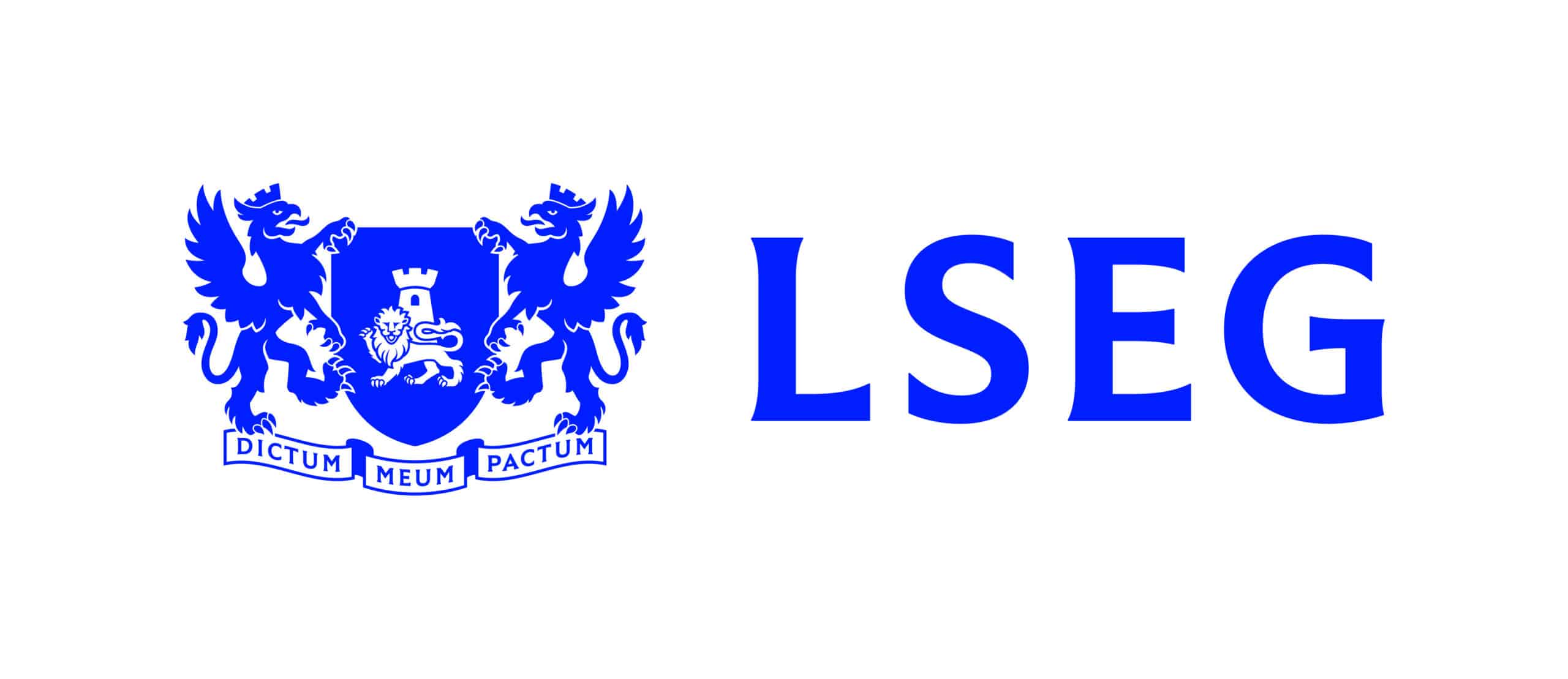
Mark Badyra
Mark, as the founder, could you tell us a little about the genesis of the Appital bookbuilding platform?
Before starting Appital in 2018, I worked at a couple of banks where I was exposed to the various bookbuilding processes. I think everyone in the market would agree they’re incredibly inefficient for both sell-side and buy-side.
Our aim was to create a platform to alleviate the inefficiencies within the bookbuilding and deal distribution process, which is still highly manual and opaque today. We decided to focus on secondary liquidity, so buy-side-to-buy-side flow, and this is really what the Appital platform now facilitates.
Over the past couple of decades, a great deal has been achieved in reducing manual intervention in the trading process. What was it that you felt the industry hadn’t yet got to grips with?
If you’ve got 0.1 days of average daily volume (ADV) in any publicly listed equity at the moment, you can go to an exchange, traditional lit or dark pools, and find liquidity for that. What I saw was that everything above one or two days ADV, which is a significantly larger order size, is still not electronic. If you have a position of two days ADV on your pad, for example, until Appital launches, your only option is to pass that deal onto your broker and allow them to call around the market on your behalf, building up the demand manually and then executing that position. We’re continuing that trend of electronification, but beyond where it currently ends, which is about one day of ADV.
What feedback have you received so far?
Our first year was spent developing a very intuitive user interface for buy-side traders to originate their bookbuild, target and distribute it all from the platform. When we launched the beta process, the feedback from our launch to asset managers was that it needs to sit within their execution management system (EMS), which is really the mission control user interface through which they see all incoming and outbound flow. Secondly, the question was how it executes.
Over the past 18 months, we’ve worked with a number of EMS providers to integrate Appital into their interface, and also worked with Turquoise, which is essentially the market infrastructure that we pass the deal over to through a FIX-based API, so it seamlessly executes in a way that is recognised by all users.
How did the relationship with Turquoise come about? Who approached who?
We reached out to LSEG in August 2020. Our first call with Dr. Robert Barnes and the team at Turquoise was probably one of the most successful calls we’ve had. The immediate feedback we received from the team was that this is really something they’re looking to do.

Robert Barnes
Robert, is that how you remember it?
It has been a privilege to engage with Appital on this initiative. Appital’s chairman, Greg Bennett, is a long-standing member of the capital markets community, who we have worked with at the London Stock Exchange for many years. When Mark articulated his vision, it highlighted an innovation that the markets really needed. And I appreciated it even more when I heard Greg share his own experience as a senior executive on the buy-side, having to go through the manual process of bookbuilding.
The reason the platform is so attractive is it has the potential to reverse the trend of shrinking trade size that we’ve seen since the electronification of stock markets. Average trade sizes are now less than 10,000 euros per trade; in fact, they are probably less than 5,000 euros per trade now, while pension funds might want to do ¤10 million or more.
We’re really proud of our track record of customer engagement and innovating in partnership to enable electronic block trading at the midpoint on order book. Appital is bringing a new level of innovation, continuing that journey for two types of scenarios that I think are very significant.
One scenario is for trade sizes that are very large relative to the ADV traded, whether that’s a smaller notional in an illiquid stock or a big blue chip where you’re doing many days of ADV. The other scenario is the opportunity for an instrument that may not have any pricing data, where you need a bookbuilding mechanism to find the right price for the size of trade you want to do. There are mid-caps and small-caps that sometimes may not have intraday trade data for days. Once live, Appital Turquoise Bookbuilder will offer a fully automated high-trust solution to get the right price through an automated bookbuilding service with straight through processing all the way from buy-side to clearing and settlement. There is nothing like it in the world today. As a partnership, we’ve got all the ingredients for something very special.
